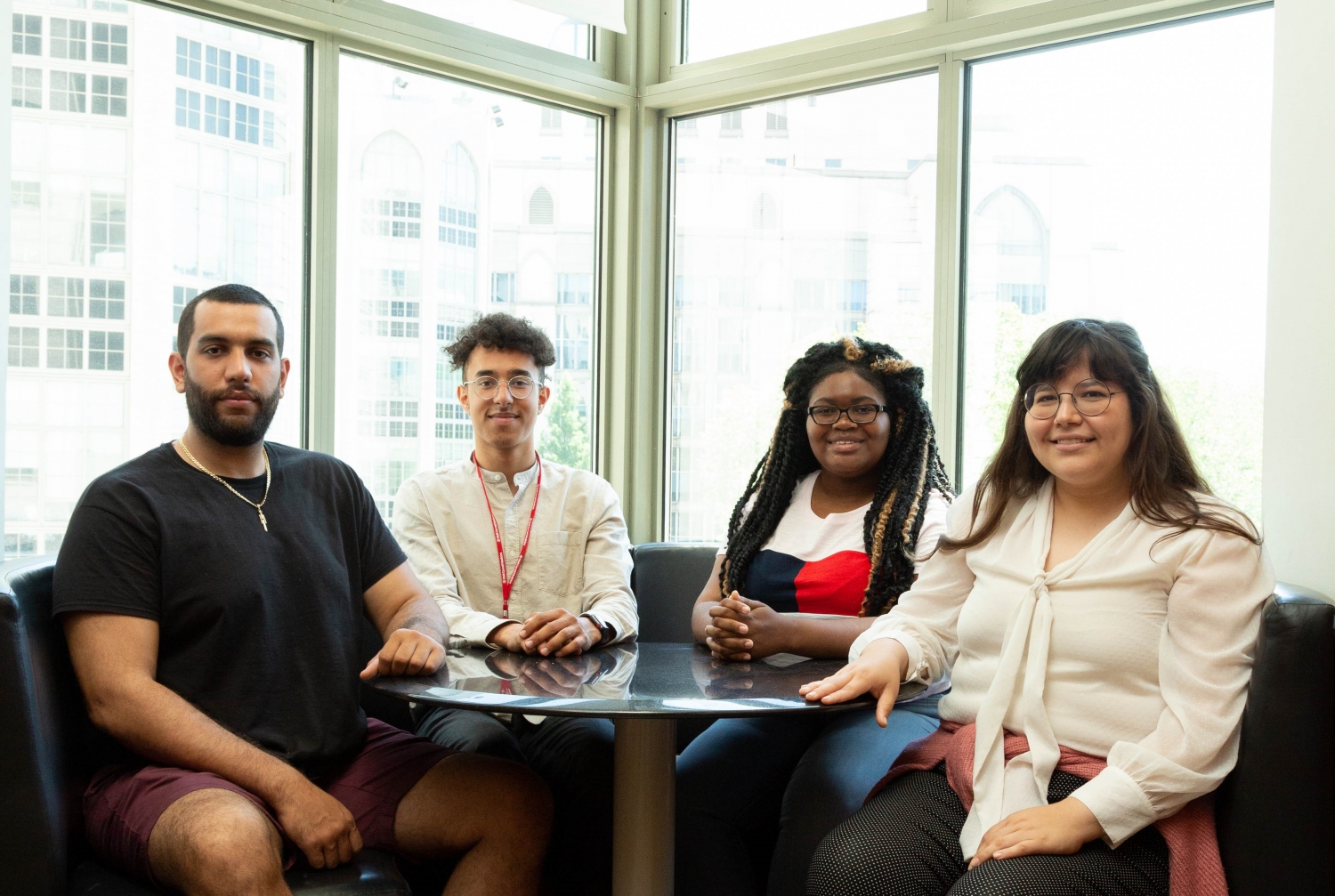The Weill Cornell Graduate School of Medical Sciences has been awarded a competitive grant from the National Institutes of Health to launch a program dedicated to increasing the number and enhancing the success of doctoral students from underrepresented backgrounds.
The five-year, $2.4 million award from the National Institute of General Medical Sciences of the National Institutes of Health will fund the Weill Cornell Initiative to Maximize Student Development (IMSD). The program, intended to increase diversity in the biomedical workforce, will support each year four incoming doctoral students from minority backgrounds for the first two years of their training, with additional funds from the graduate school partially supporting them for their third and fourth years of training. The program will also enable an array of activities promoting community, leadership and professional skills, and career exploration for all graduate students.
“Our recent successes in underrepresented minority recruitment and our institutional strengths enabled us to develop a compelling program application for the NIH,” said Dr. David Christini, vice dean of the graduate school and a professor of biomedical engineering in medicine, physiology and biophysics, and of computational medicine at Weill Cornell Medicine. “This grant enables us to launch a vibrant program for students and therefore grow our diversity, placement efforts and retention.”
“This is an incredible opportunity for the graduate school in particular, but also for all of Weill Cornell Medicine,” said Dr. Marcus Lambert, assistant dean of diversity and student life and assistant professor of education research in medicine at Weill Cornell Medicine. “It really adds another layer to an impressive movement that’s been championed by the institution’s leadership: Dean Augustine M.K. Choi and Dean Barbara Hempstead.”
The IMSD program aims to attract a pool of well-prepared doctoral students from underrepresented minority groups – including African-Americans, Hispanics, Native Americans and Pacific Islanders – through partnerships with local and minority-serving institutions. It will also equip IMSD scholars with leadership training, professional skills and networks to be leaders in a variety of biomedical and science-related careers, as well as give them the opportunity to attend a national medical meeting in their second year of training.
The program will also offer robust mentorship opportunities for the fellows. In addition to faculty mentors, who will focus on research, students will work with IMSD coaches, which could include senior postdocs, alumni, or professionals in sectors such as academia, industry and nonprofit. Coaches will offer students guidance on both navigating graduate training and on addressing the extra barriers underrepresented scientists can often face.
To help build a dynamic community of minority doctoral students and faculty and facilitate academic and professional development at an early stage, the Weill Cornell IMSD gives new fellows the opportunity to participate in an eight-week summer research rotation at Weill Cornell before their first semester. The initiative, called the early-start program, will provide a foundation for the students and connect them with IMSD faculty mentors “so they can hit the ground running,” Dr. Christini said.
“Every student at our institution receives outstanding training to be a scientist, but the IMSD will help us tailor activities for this particular group of students to help them excel in every aspect of their training and career development,” Dr. Christini said. “This award is a major achievement for the graduate school and the institution, and shows that our commitment to diversity is being recognized on a national level.”

